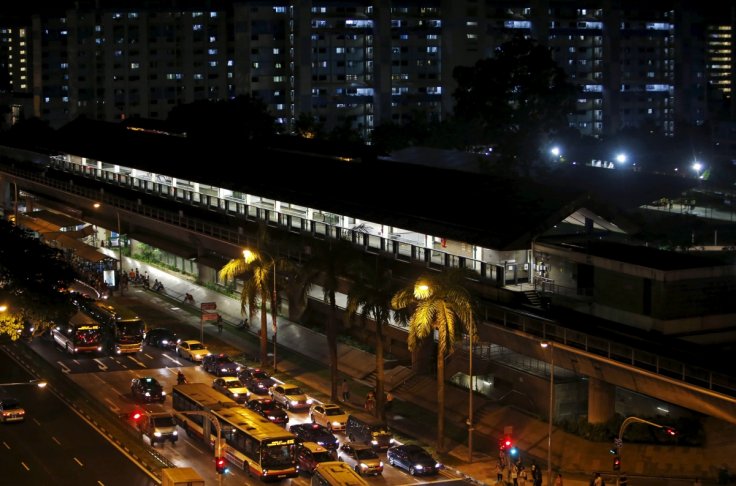
Public Transport Council (PTC) said on Tuesday, September 3 that public transport, such as bus and train fares could increase up to seven percent in the 2019 fare review exercise. If the potential fare raise gets approval, it would be the highest in recent years.
The fares could go up as much as 10 percent for almost 90 percent of the commuters who pay for their journeys by card. It should be mentioned that this maximum increase allowed under the current fare formula which took effect in 2018 and will continue till 2022.
PTC on Tuesday acknowledged the growing costs, the need to keep the transport system financially stable in Singapore and the affordability.
In a statement, PTC said that the operators should submit their fare applications, which should not exceed the maximum quantum that can be allowed to the council by September 23 and the decision in the fares will be announced by the last quarter of 2019.
The council mentioned that the country's public transport has improved over the past five years, with the introduction of more than 1,000 buses and 200 trains. The reliability on rail has also improved over the same period as MRT network hitting 1 million km between delays, a seven-fold improvement from 2015.
PTC also noted that the average fares are now four cents to seven cents lower than they were in 2015.
However, Vincent Chua the member of the council mentioned that Singapore's public transport fares have been ranked among the lowest in the world by consultancy firms McKinsey and Deloitte.
The associate professor from the Singapore University of Social Sciences (SUSS) stated that the amount of household income spent on public transport has decreased over this period for both average and low-income households.
As reported the authorities are expected to spend almost $4.5 billion on the upgradation of Singapore's rail assets. They would also subsidise public bus services to the tune of $5 billion.
Singapore Management University transport economist Terence Fan claimed that even after the fare increase, it will still remain affordable.








